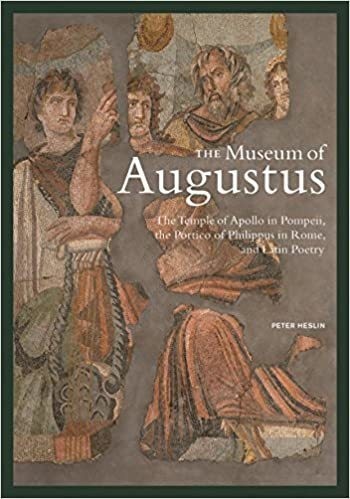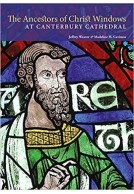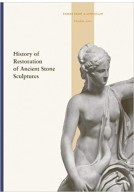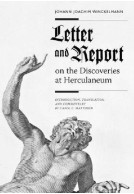Google Books previews are unavailable because you have chosen to turn off third party cookies for enhanced content. Visit our cookies page to review your cookie settings.
Museum of Augustus: Temple of Apollo in Pompeii (Hardback)
Imprint: Getty Trust Publications
Pages: 363
Illustrations: col illus
ISBN: 9781606064214
Published: 31st December 2015
Script Academic & Professional
Pages: 363
Illustrations: col illus
ISBN: 9781606064214
Published: 31st December 2015
Script Academic & Professional
You'll be £19.95 closer to your next £10.00 credit when you purchase Museum of Augustus: Temple of Apollo in Pompeii. What's this?
+£4.99 UK Delivery or free UK delivery if order is over £40
(click here for international delivery rates)
Need a currency converter? Check XE.com for live rates
(click here for international delivery rates)
Need a currency converter? Check XE.com for live rates
In the Odes, Horace writes of his own work, I have built a monument more enduring than bronze, --a striking metaphor that hints at how the poetry and built environment of ancient Rome are inextricably linked. This fascinating work of original scholarship makes the precise and detailed argument that painted illustrations of the Trojan War, both public and private, were a collective visual resource for selected works of Virgil, Horace, and Propertius. Carefully researched and skillfully reasoned, the author's claims are bold and innovative, offering a strong interpretation of the relationship between Roman visual culture and literature that will deepen modern readings of Augustan poets. The Museum of Augustus first provides a comprehensive reconstruction of paintings from the remaining fragments of the cycle of Trojan frescoes that once decorated the Temple of Apollo in Pompeii. It then finds the echoes of these paintings in the Augustan-dated Portico of Philippus, now destroyed, which was itself a renovation of Rome's de facto temple of the Muses--in other words, a museum, both in displaying art and offering a meeting place for poets. It next examines the responses of the Augustan poets to the decorative program of this monument that was intimately connected with their own literary aspirations. The book concludes by looking at the way Horace in the Odes and Virgil in the Georgics both conceptualized their poetic projects as temples to rival the museum of Augustus.
Other titles in Getty Trust Publications...














